In 2014, 9-year-old Brandon and 7-year-old Sebastian Martinez founded Are You Kidding Socks, a sock company with a unique twist. The two kid entrepreneurs design and sell socks with unique, exciting designs. It all started with Sebastian, who loved wacky socks. By the time he was five, his grandmother had bought him over 100 pairs of colorful, fun pairs of socks. Sebastian’s mother remembers the very day she asked him, “Would you like to design your own socks?” On that day, June 25, 2013, Sebastian enthusiastically said yes.
Later that year, Sebastian began designing socks while his mother connected with a manufacturer in Guatemala to produce the designs. By 2014, Are You Kidding Socks was an established company, selling thousands of socks from the Martinez home. Sebastian was the CEO of the company, while his mother was the president. They brought on Sebastian’s older brother, Brandon, as the sales rep – due to his vibrant, outgoing personality. He was later promoted to the “Director of Sales” by his younger brother.
In recent year, the Martinez boys have made it their mission to raise awareness for national charities and organizations. Through the sales of their socks, they have raised thousands for nonprofits, such as Live Like Bella, SLAM ALS, Autism Speaks, and the American Cancer Society. They have designed specific socks that represent each cause they support.
The Martinez boys also care very deeply about local communities. They donate their time, resources, and socks to local schools and shelters during annual fundraisers and events. They also partner with local schools to host fundraisers and campaigns.
Since forming the company, the boys have received great recognition, from the mayor of Miami to interviews on CNN and Good Morning America. Sebastian and Brandon have taken a fun, simple idea and turned it into something very impactful.
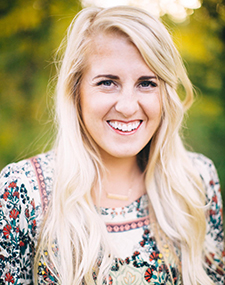
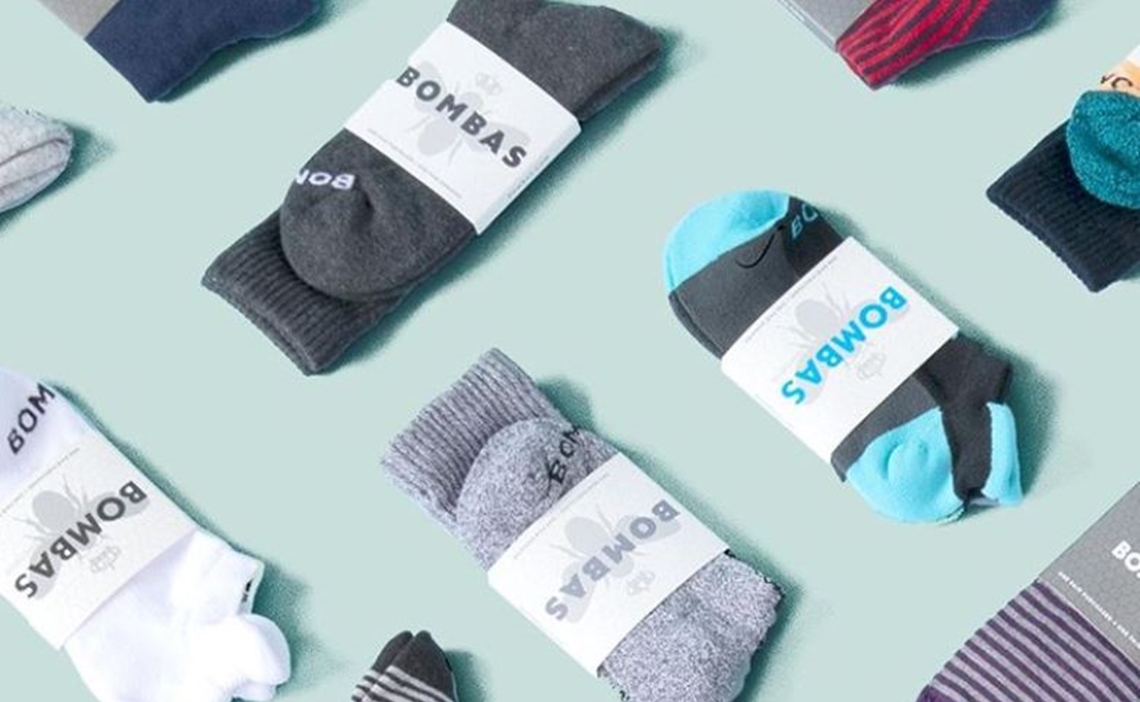
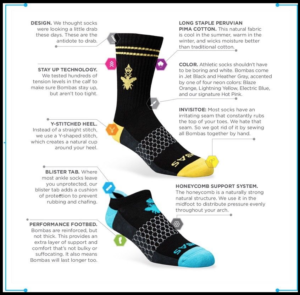

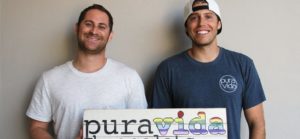
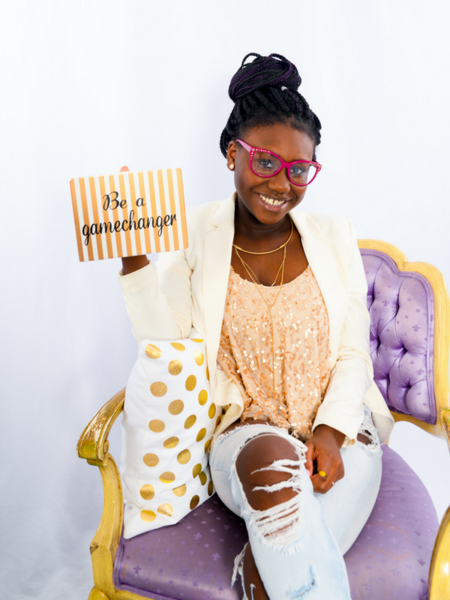
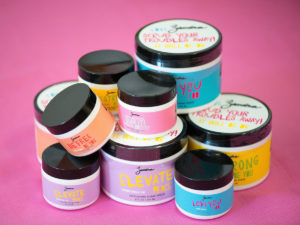
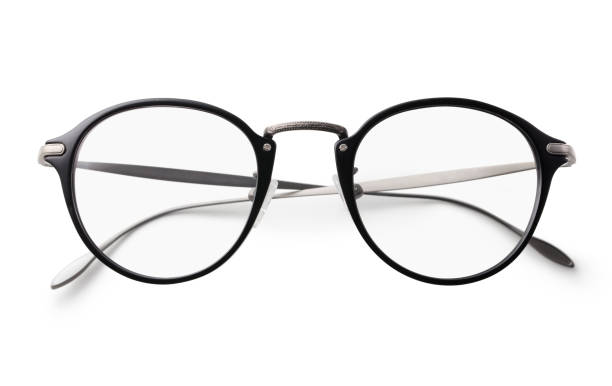 Nine years ago, Jeffrey Raider, Andrew Hunt, Neil Blumenthal, and David Gilboa founded a company called Warby Parker, a company which they hoped would address the need for eyeglasses in a different way.
Nine years ago, Jeffrey Raider, Andrew Hunt, Neil Blumenthal, and David Gilboa founded a company called Warby Parker, a company which they hoped would address the need for eyeglasses in a different way. Ortiz uses this business as a platform to raise awareness of the injustice he’s seen and experienced while incarcerated. The goal of this venture is to help redeem society by pointing to an enormous problem that the majority of the population overlooks. The business itself is primarily run by Tony Ortiz, but also consists of a few other employees and many volunteers whom help with education programs and coaching for recently released prisoners. Redemptive Revolution aims to keep people out of prison to begin with, and also to aid those whom have been incarcerated in the process of “getting back on their feet”. The long and painful process he went through to turn his life into a success, Ortiz is now sharing with his community, and hopefully he will eventually cause desperately needed widespread impact in society.
Ortiz uses this business as a platform to raise awareness of the injustice he’s seen and experienced while incarcerated. The goal of this venture is to help redeem society by pointing to an enormous problem that the majority of the population overlooks. The business itself is primarily run by Tony Ortiz, but also consists of a few other employees and many volunteers whom help with education programs and coaching for recently released prisoners. Redemptive Revolution aims to keep people out of prison to begin with, and also to aid those whom have been incarcerated in the process of “getting back on their feet”. The long and painful process he went through to turn his life into a success, Ortiz is now sharing with his community, and hopefully he will eventually cause desperately needed widespread impact in society.